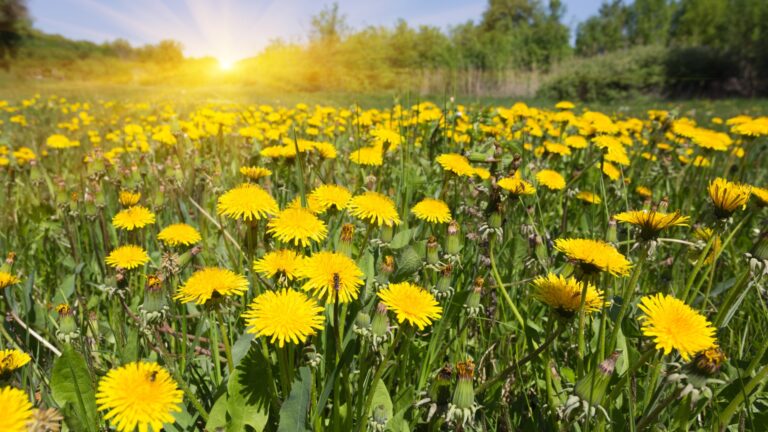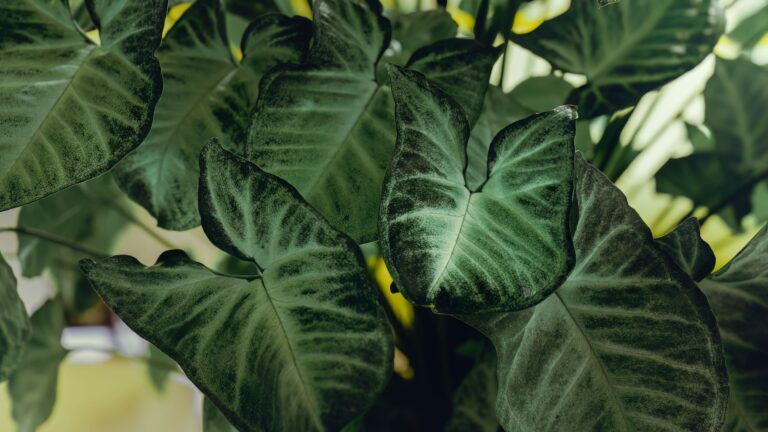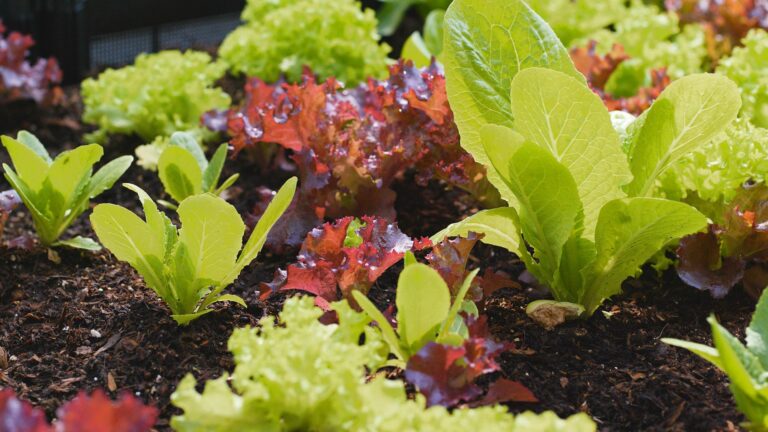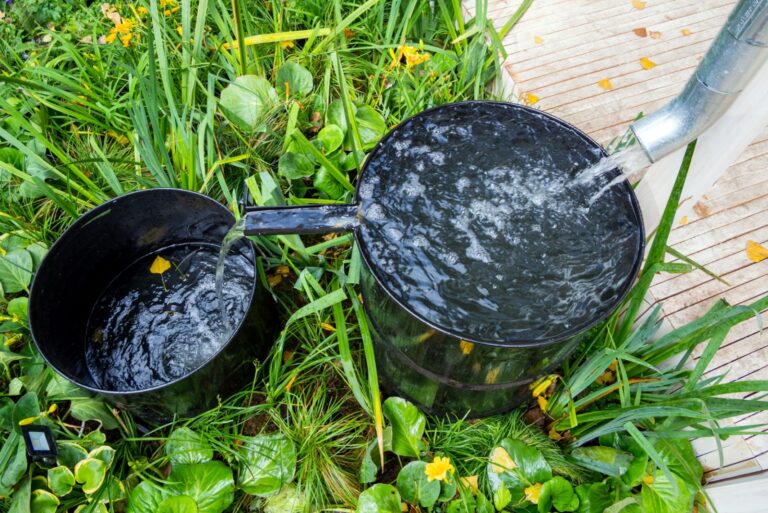15 Game-Changing Ways Alabama Gardeners Get Rid Of Weeds For Good
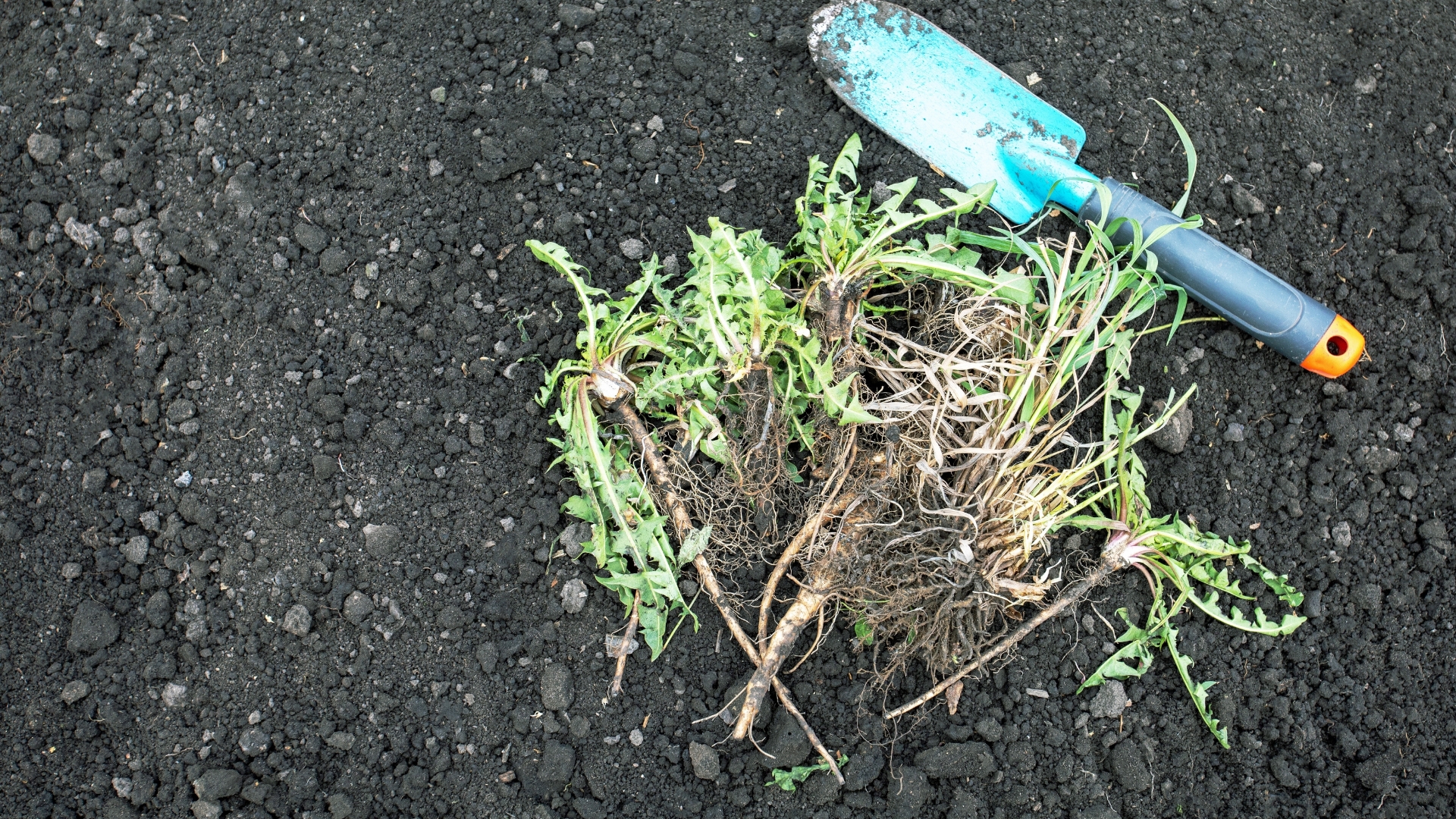
Weeds can take over fast in Alabama gardens, and trust me—I’ve been there, pulling the same ones week after week. But once I started using a few smart tricks, things got a whole lot easier.
Some of these methods are surprisingly simple, and they actually work in our tough Southern conditions. If you’re fed up with weeds ruining your garden vibe, you’re not alone.
Let’s get your Alabama garden looking clean, calm, and completely weed-free!
1. Newspaper Mulching
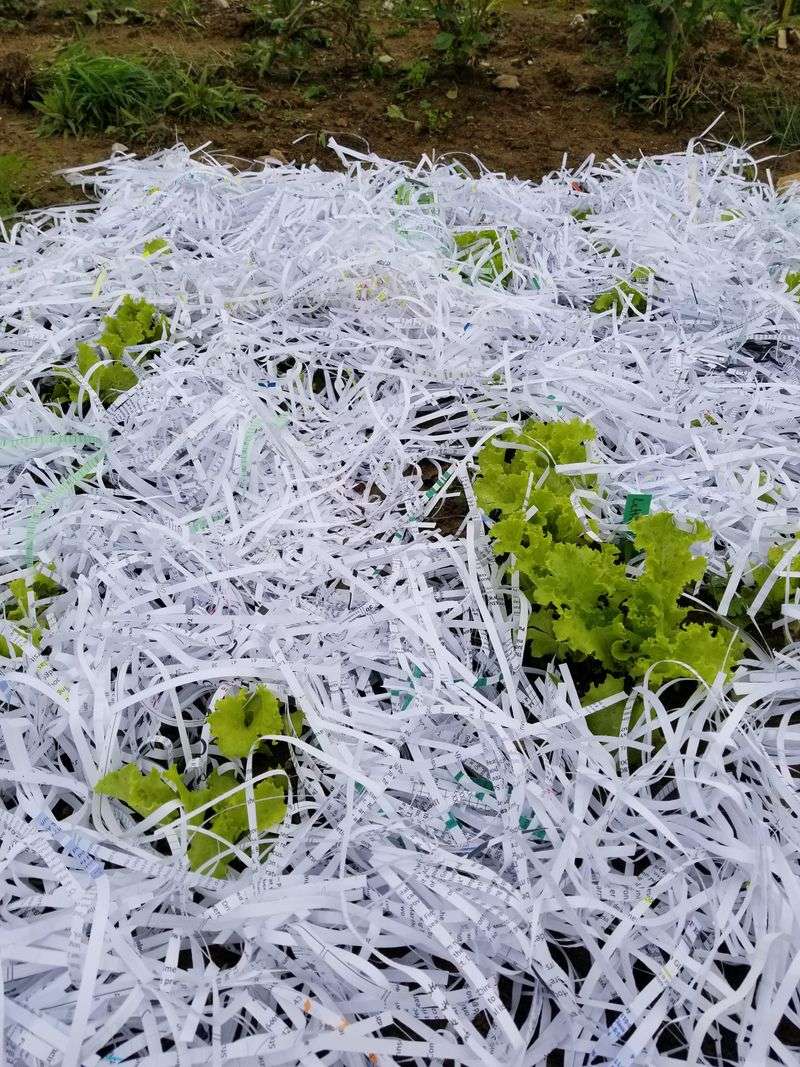
Layers of newspaper create a natural barrier that blocks sunlight while allowing water to penetrate. Many Alabama gardeners collect Sunday papers year-round for this purpose.
The technique works brilliantly in our southern climate, smothering existing weeds and preventing new ones from sprouting. Best of all, the paper eventually breaks down, adding organic matter to your soil.
2. Vinegar Spray Solution
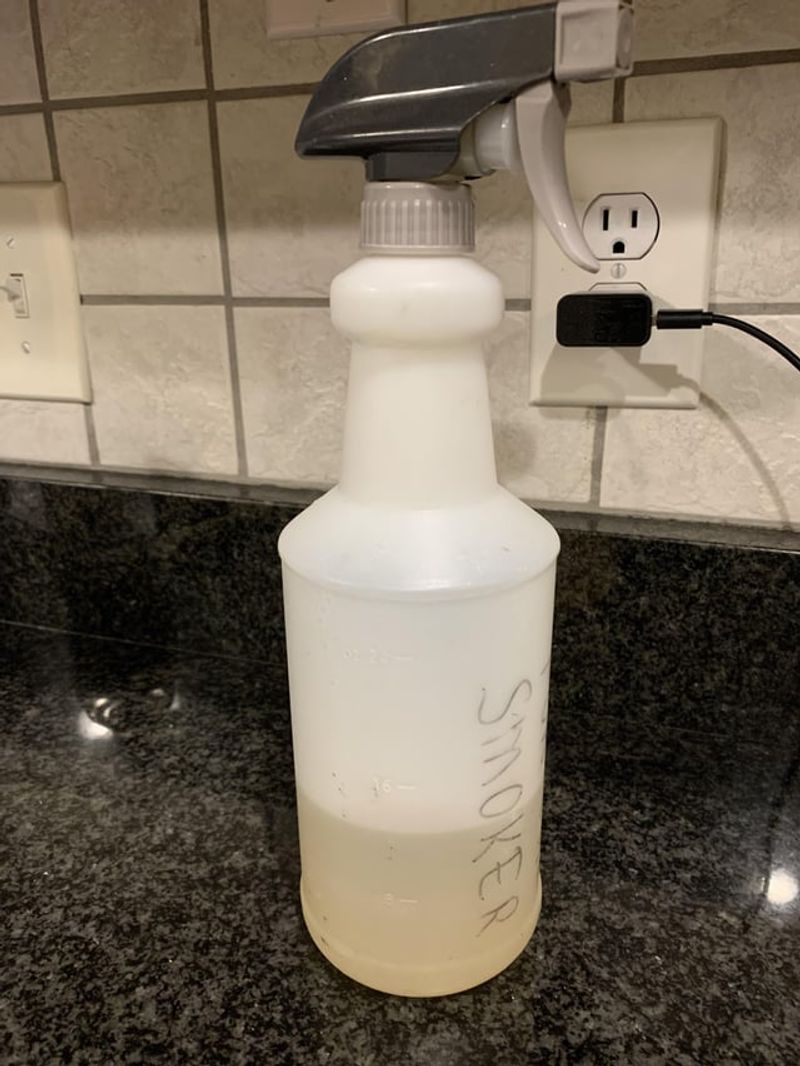
Household vinegar becomes a powerful weed killer when the Alabama sun heats it up. Mix one gallon of white vinegar with a cup of table salt and a tablespoon of dish soap for maximum effectiveness.
Spray directly on weeds during the hottest part of the day when our southern temperatures boost its potency. This natural solution works best on young weeds and may require multiple applications.
3. Cardboard Sheet Barriers
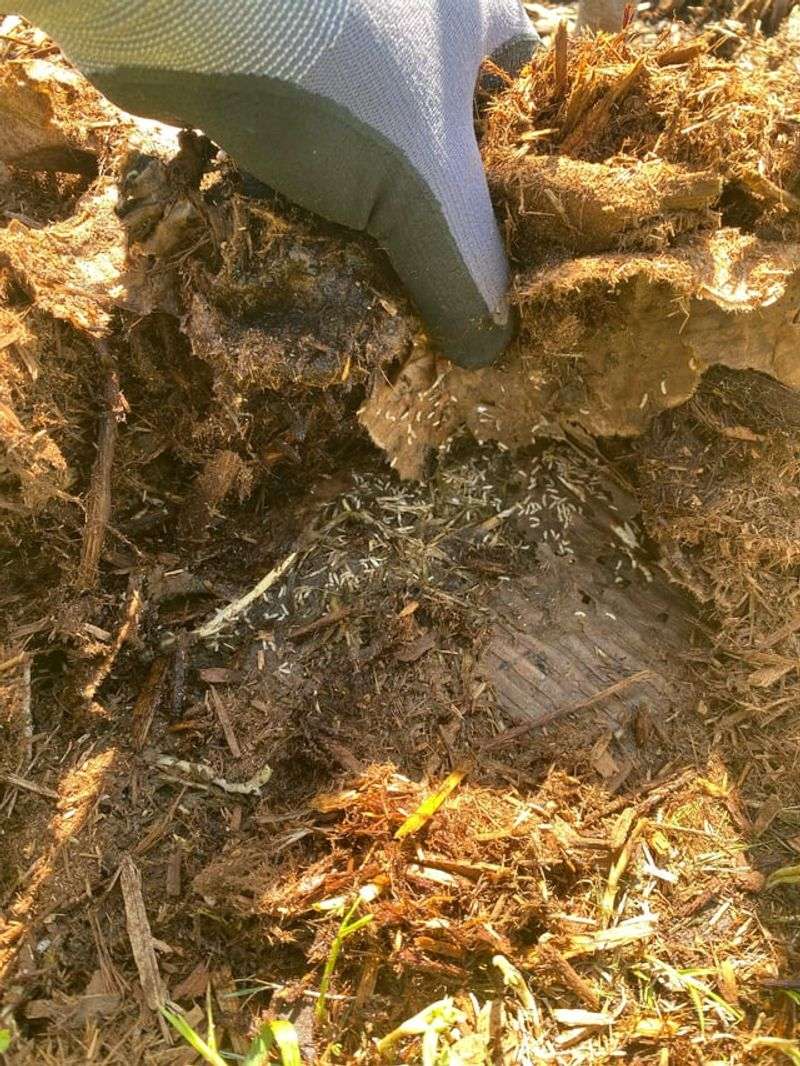
Flattened cardboard boxes create impenetrable barriers against stubborn Alabama weeds. Gardeners save shipping boxes year-round, removing tape before laying them between garden rows.
The thick material blocks light completely while slowly decomposing in our humid climate. Many Alabama gardening clubs organize cardboard collection drives, helping members prepare for spring planting while keeping materials out of landfills.
4. Boiling Water Treatment
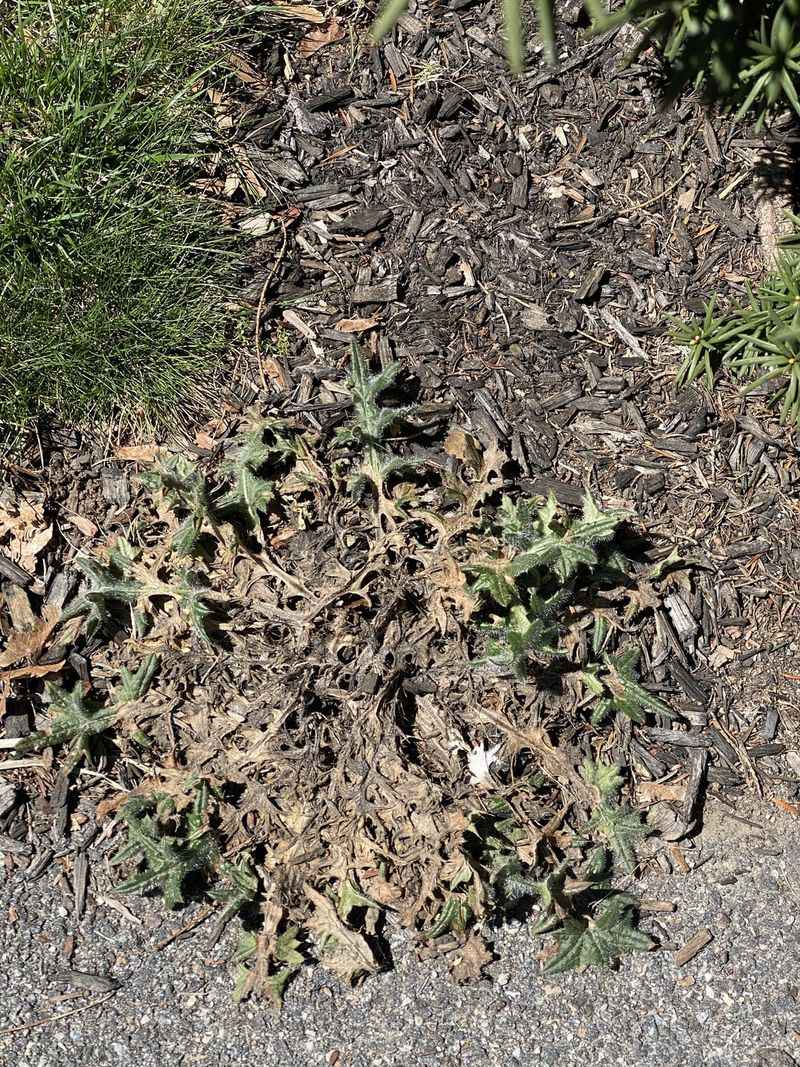
The simplest solution sits right in your kitchen. Alabama gardeners regularly pour leftover cooking water directly onto weeds growing in sidewalk cracks and garden paths.
The scalding temperature instantly kills both the visible plant and seeds below the surface. This method works particularly well in our state’s gravel driveways and pathways where precision matters and chemical-free solutions are preferred.
5. Pine Straw Mulching
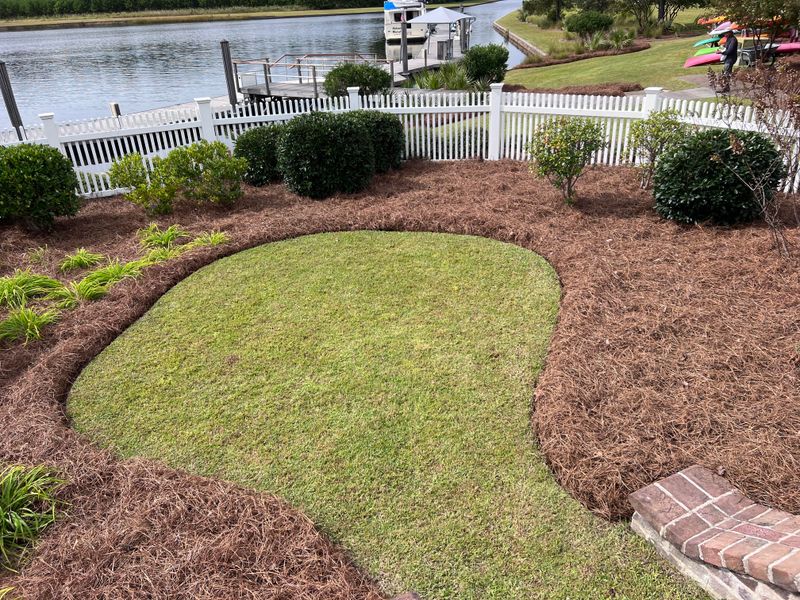
Alabama’s abundant pine forests provide perfect natural mulch material. Fresh pine straw creates a weed-suppressing layer while adding gentle acidity that many ornamentals love.
Local gardeners collect fallen needles from neighborhood trees or purchase bales from garden centers. The interlocking nature of the needles prevents them from blowing away in our occasional strong storms while allowing water to filter through.
6. Corn Gluten Application
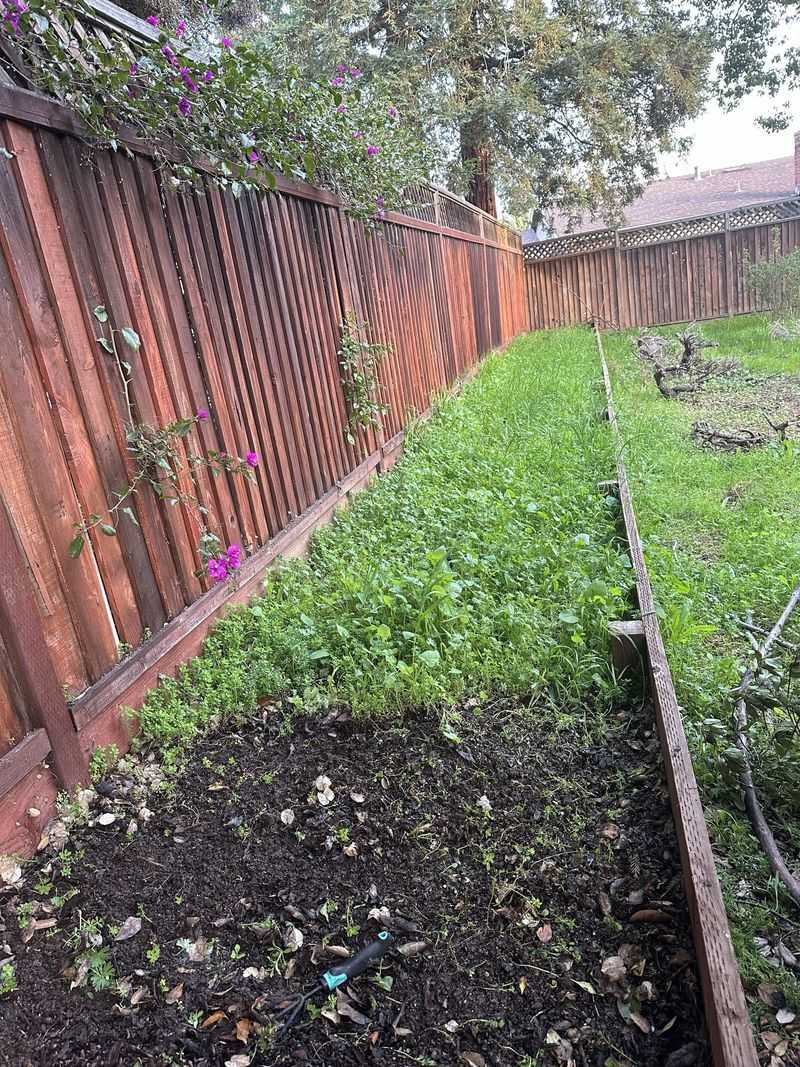
This natural byproduct of corn processing prevents weed seeds from developing roots. Alabama gardeners apply it in early spring before our heavy rainy season begins, creating a protective barrier.
The material doubles as a nitrogen-rich fertilizer, feeding garden plants while stopping weeds. Many organic gardeners across the state have switched to this method, especially in vegetable gardens where chemical herbicides aren’t wanted.
7. Flame Weeding
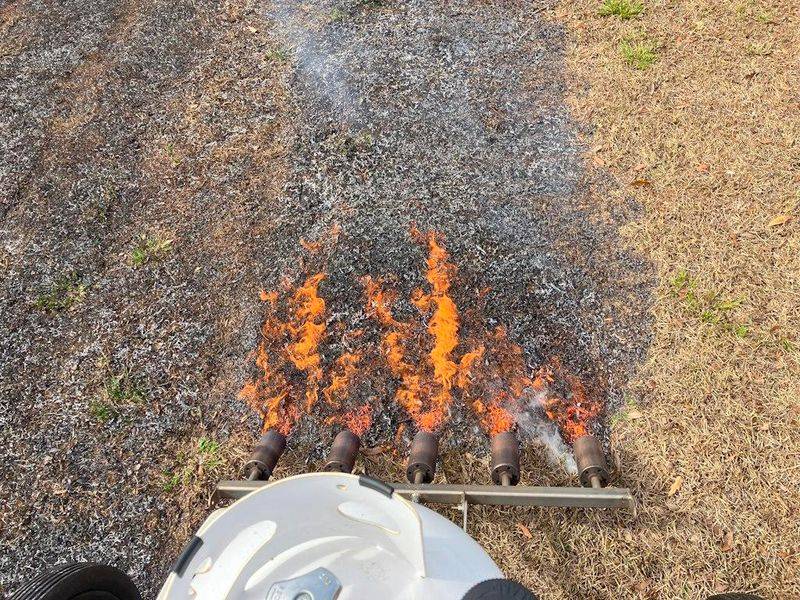
Specialized propane torches quickly cook weeds without chemicals. Alabama gardeners use this method during our brief dry spells, carefully directing flames at unwanted plants until they wilt.
The intense heat ruptures plant cells without disturbing soil or nearby plants. Safety precautions are essential in our state’s sometimes windy conditions, but the method provides immediate satisfaction and leaves no residue behind.
8. Coffee Ground Barriers
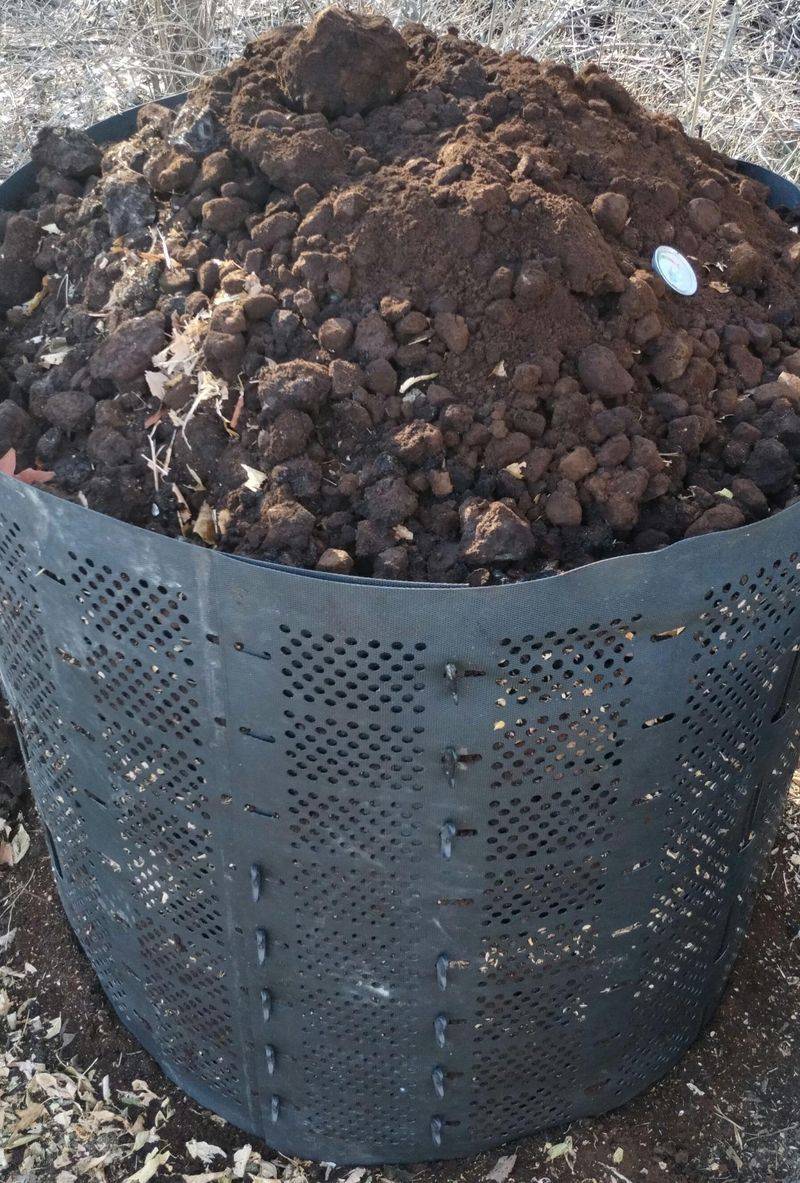
Used coffee grounds create acidic conditions many weeds can’t tolerate. Alabama gardeners collect grounds from local cafes, spreading them around acid-loving plants like azaleas and blueberries.
The dark color absorbs heat in our sunny gardens, warming soil earlier in spring. The grounds also attract earthworms that help improve soil structure while deterring slugs and snails that flourish in our humid climate.
9. Landscape Fabric Installation
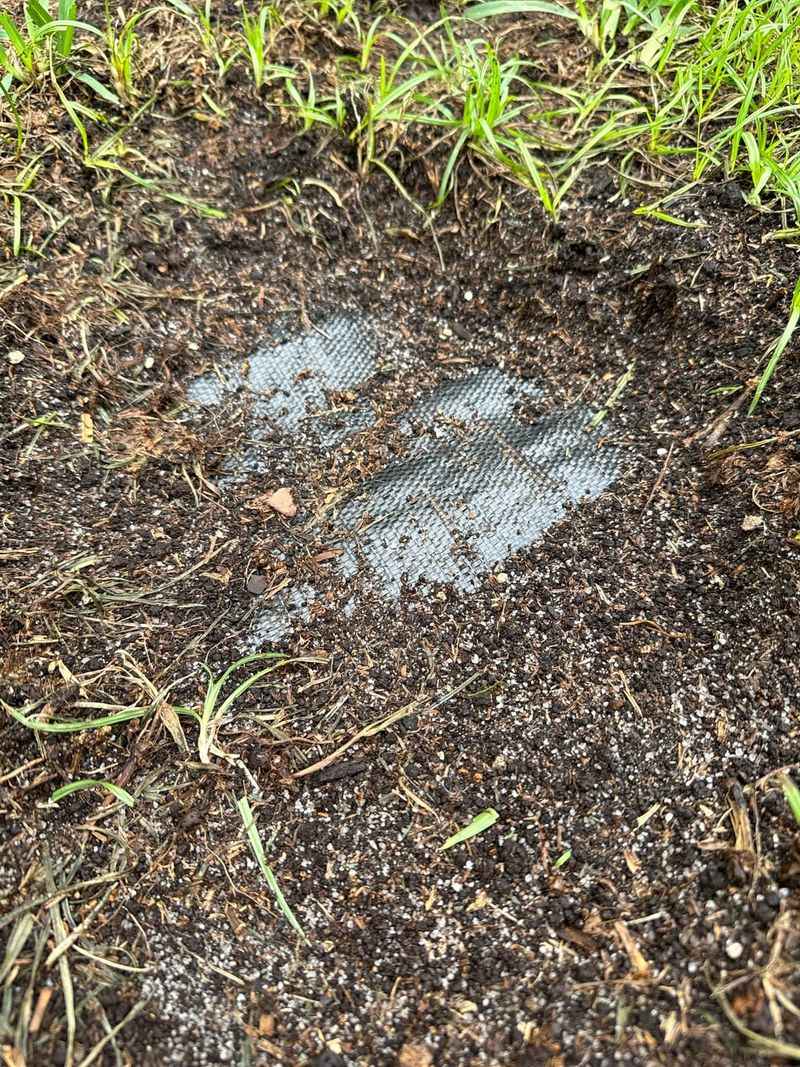
Professional-grade landscape fabric creates long-lasting weed barriers in Alabama gardens. The material allows water through while blocking light that weed seeds need to germinate.
Experienced gardeners secure edges with landscape pins to prevent our heavy summer downpours from washing soil on top. Many Alabama garden clubs organize bulk purchases of high-quality fabric, helping members save money while ensuring proper installation techniques.
10. Duck Deployment
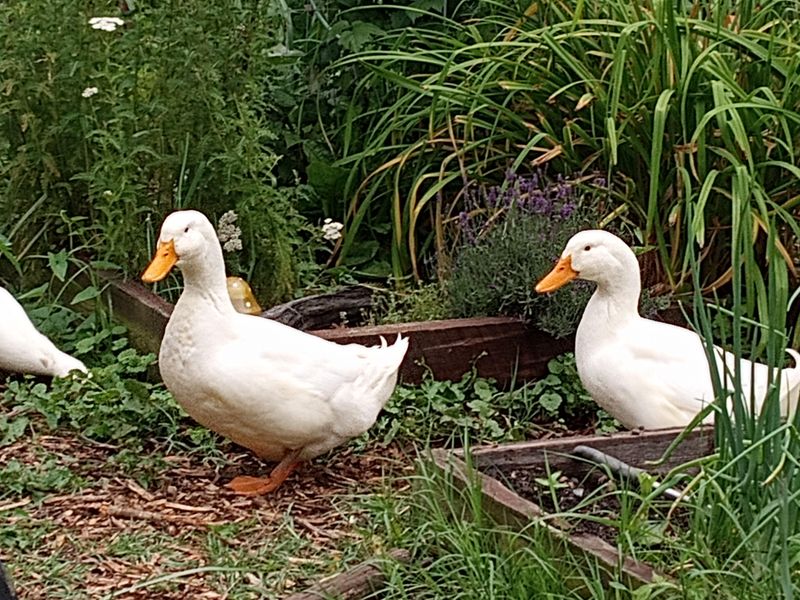
Some Alabama homesteaders employ ducks as natural weed controllers. These feathered gardeners eagerly devour young weeds and their seeds while fertilizing the soil as they waddle.
Indian Runner ducks prove especially effective with their upright posture and plant-seeking bills. Alabama’s mild winters mean these helpful birds can work year-round in most parts of the state, providing both weed control and entertainment.
11. Solarization Technique
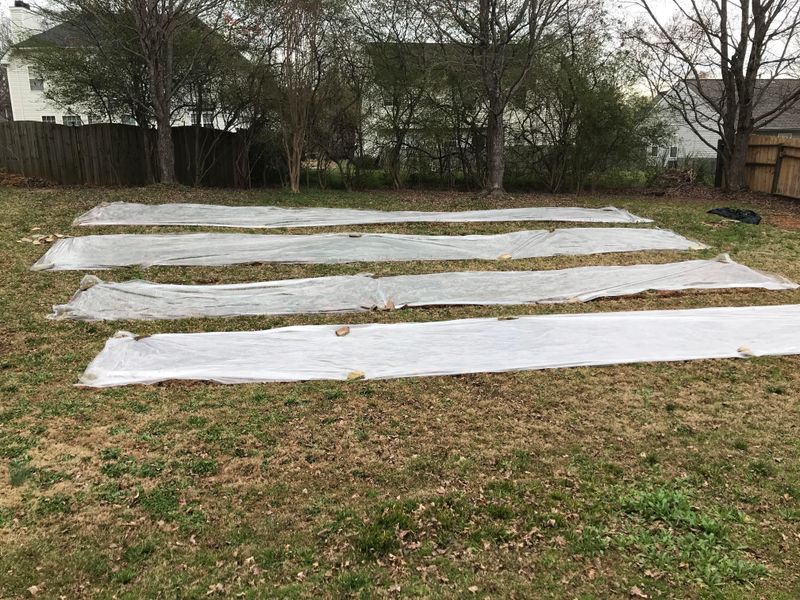
Clear plastic sheeting traps Alabama’s intense summer heat, cooking weeds and their seeds below. Gardeners lay plastic directly on moist soil for 4-6 weeks during our hottest months, creating temperatures that kill most weed seeds.
This method works especially well for clearing new garden beds in our clay-heavy soils. The heat also helps eliminate certain soil-borne pathogens that thrive in Alabama’s humidity, giving garden plants a healthier start.
12. Salt Application
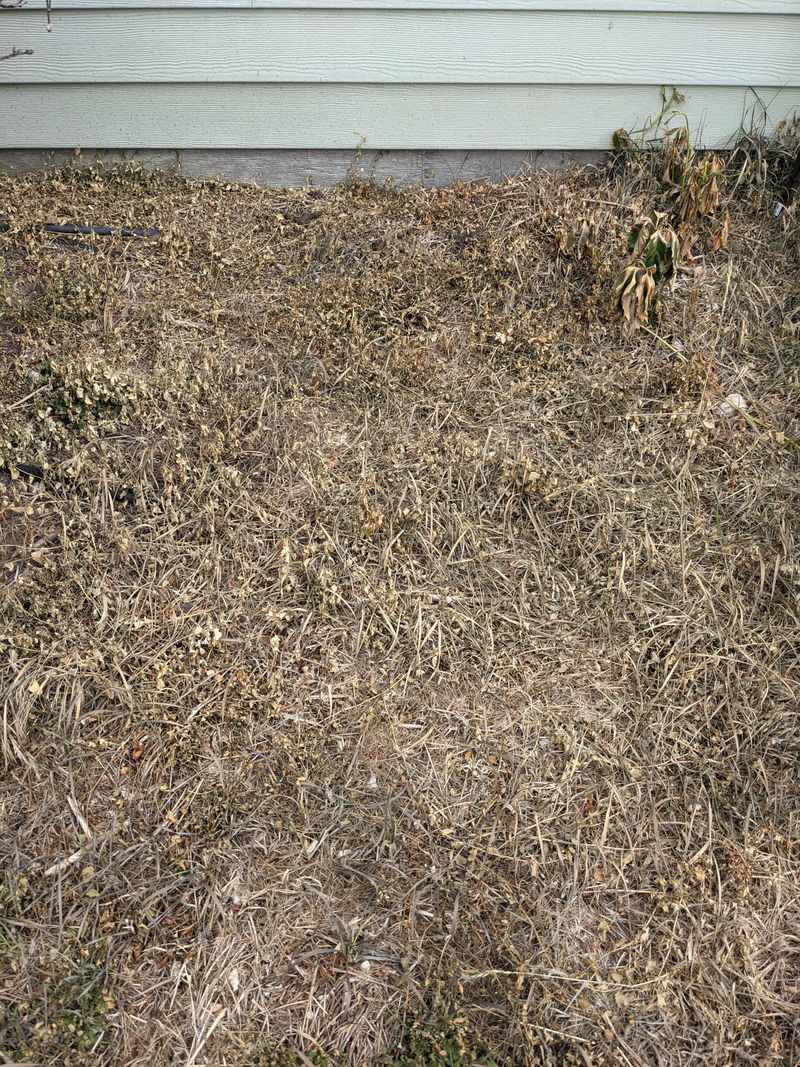
Ordinary table salt creates hostile growing conditions for persistent weeds. Alabama gardeners use it cautiously in areas where nothing should grow, like gravel pathways and between patio stones.
The mineral disrupts water uptake, causing plants to dehydrate even in our rainy climate. This method requires careful application since salt can affect soil quality for years, but works perfectly for maintaining hardscape areas common in Alabama landscapes.
13. Close Planting Strategy
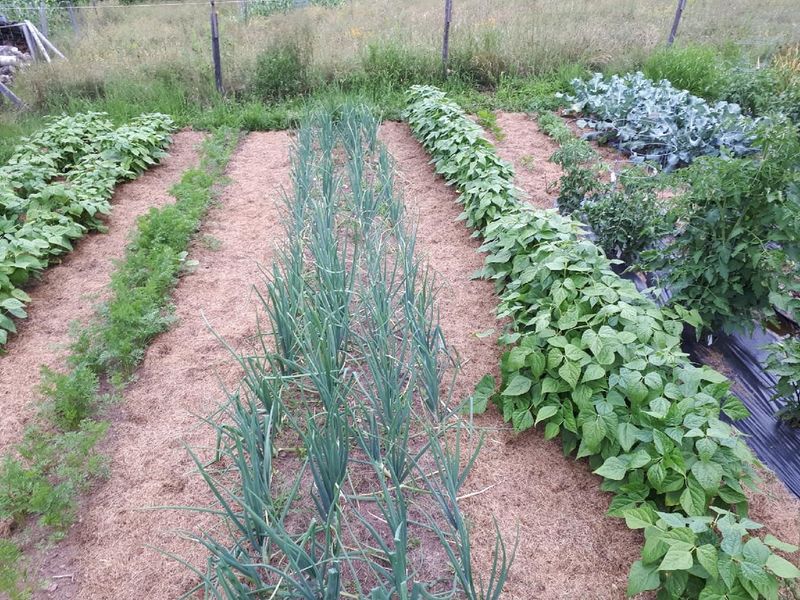
Strategic plant spacing eliminates room for weeds to establish. Alabama gardeners place desirable plants closer together than traditionally recommended, creating living mulch that shades the soil.
This approach works particularly well with our state’s long growing season, allowing plants to fill in quickly. Many community gardens across Alabama have adopted this method, reducing maintenance while maximizing harvest in limited space.
14. Wood Chip Mulching
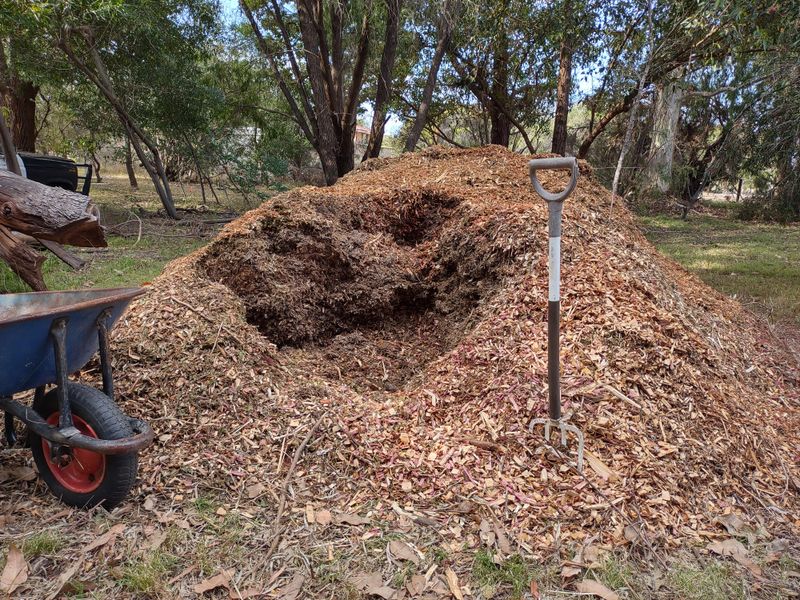
Free wood chips from local tree services create deep weed barriers. Alabama gardeners use 4-6 inch layers around trees and shrubs, preventing light from reaching weed seeds below.
As they decompose in our humid climate, these chips improve soil structure and feed beneficial fungi. Many Alabama Master Gardener programs maintain lists of arborists willing to deliver fresh chips to home gardeners, turning tree waste into garden gold.
15. Hand Tool Innovation
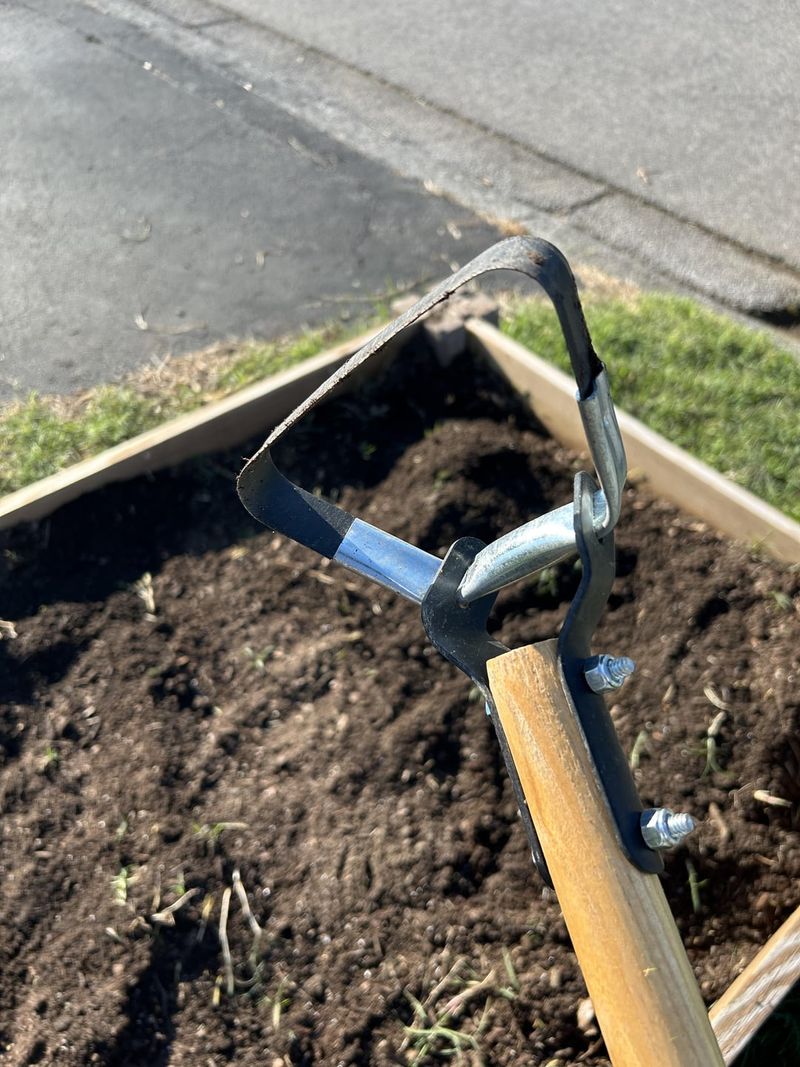
Alabama gardeners swear by specialized weeding tools designed for our clay-heavy soils. Long-handled hoes with stirrup-shaped blades slice just below the surface, severing weed roots without disturbing garden plants.
These tools prove especially effective after our frequent summer showers when weeds pull easily from moist soil. Garden clubs across the state often organize tool-sharing programs, allowing members to try different designs before investing in their own.


